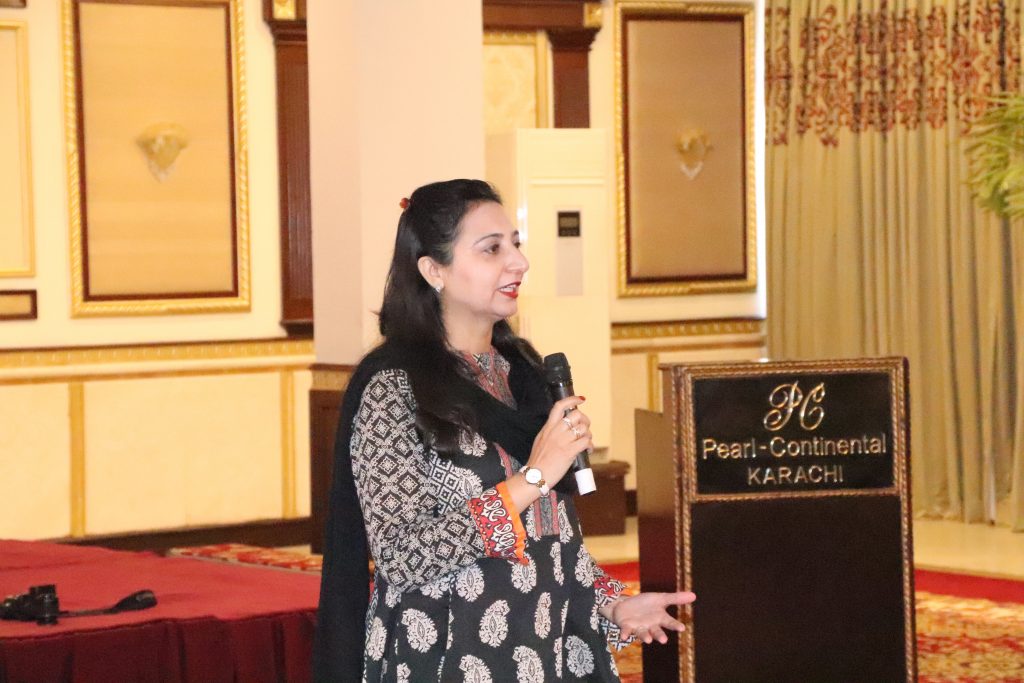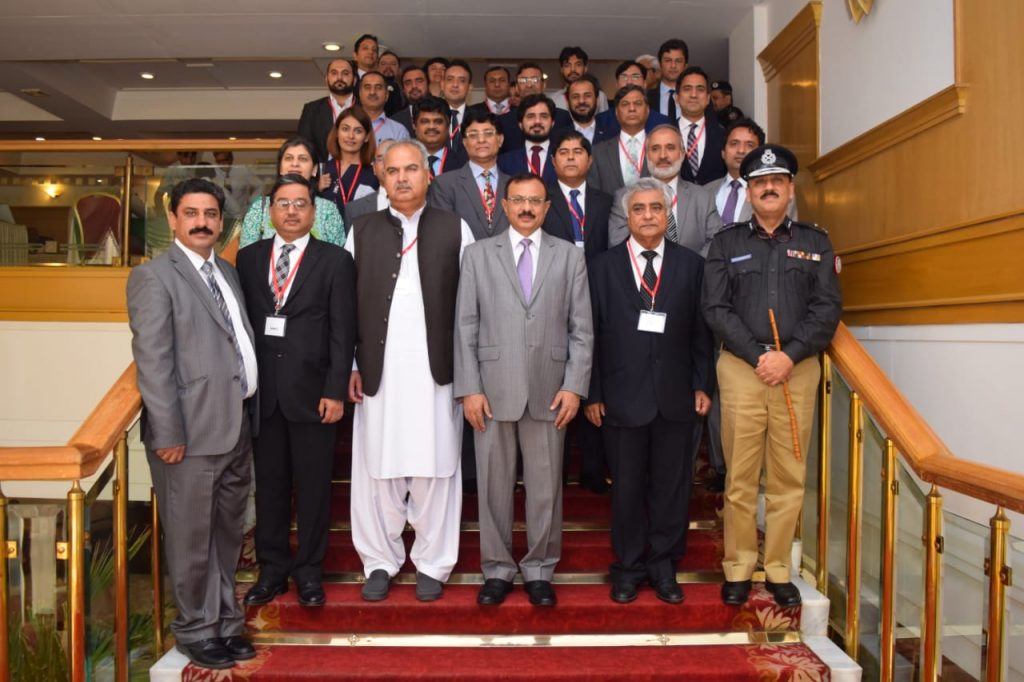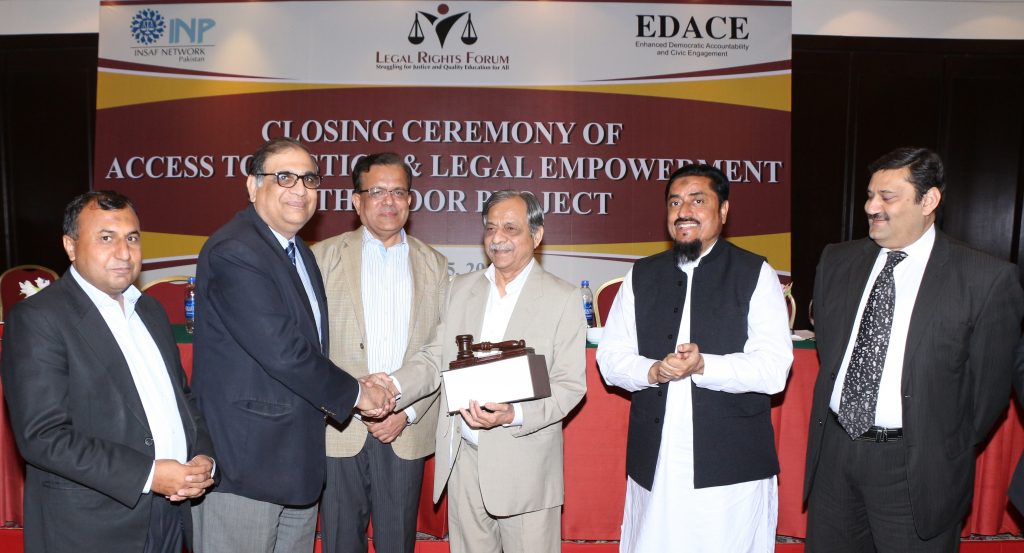
info@lrfpk.org
Call Us
+92-21-35388695

info@lrfpk.org
+92-21-35388695
Disaster Risk Reduction (DRR) aims to prevent new and reduce existing disaster risks and to contribute to strengthening resilience. DRR protects the lives and livelihoods of communities and individuals who are most vulnerable to disasters or emergencies. Whether the crisis is caused by nature or humans (or a combination of both), DRR limits its negative impact on those who stand to lose the most.
Disaster risk management (DRM) is a process of effectively preparing for and responding to disasters. It involves strategically organizing resources to lessen the harm that disasters cause. It also involves a systematic approach to managing the responsibilities of disaster prevention, preparedness, response, and recovery.


Being a women and child rights, protection and humanitarian support organization, LRF always responds to emergencies and help the communities, especially of its programme areas, being suffering from natural disasters/pandemics. LRF follows the five steps of Emergency Management including prevention, mitigation, preparedness, response and recovery.
An emergency response plan is a documented series of steps an organization will take during a critical event to ensure employees’ safety and minimize the impact on critical operations. LRF creates an Emergency Response Plan that include Step #1: Perform a risk assessment; Step #2: Document contact information; Step #3: Assign roles and responsibilities;
Step #4: Take stock of current resources within the organization; Step #5: Create an evacuation plan; and Step #6: Decide how communication will occur between employees and the action on ground.
Based on Emergency Response Plan, LRF mobilizes funds / relief supplies through agreements with various donors; develop distribution plans; and execute the relief operation in targeted areas.

To respond to the learning needs of learners during COVID pandemic, Save the Children has designed a digital learning Application “Learning Tree” for Education in Emergencies (EiE). LRF has piloted the Learning Tree App in its Accelerated Learning Centers in Shikarpur, Sindh. The project was implemented in collaboration with School Education and Literacy Department, Government of Sindh. LRF has piloted the “Learning Tree” project in Shikarpur District of Sindh for the continuation of learning during humanitarian crises (COVID-19 Pandemic) for the children of Primary and Elementary level (5 To 16 years) and their teachers. In this regard, LRF and Save the Children have developed the content, translated it in local languages, conducted baseline survey and trained 25 learning facilitators to pilot and seek the feedback for scale-up.
LRF also implemented a WASH project on “Health, Hygiene and Behavior Change” in partnership with Save the Children in which LRF distributed 52,646 Hygiene Kits among children in selected schools of 05 districts (Karachi, Dadu, Larkana, Shikarpur and Jacobabad) and constructed and rehabilitated WASH facilities (hand washing stations / latrines) in selected 102 schools in above mentioned 05 districts of Sindh to ensure safe back-to-school and the retention of the girls in schools.
During 2022 Floods Emergency, LRF Response has been as follows:
31-C, Mezzanine Floor, Old Sunset Boulevard, Phase-II, DHA, Karachi.